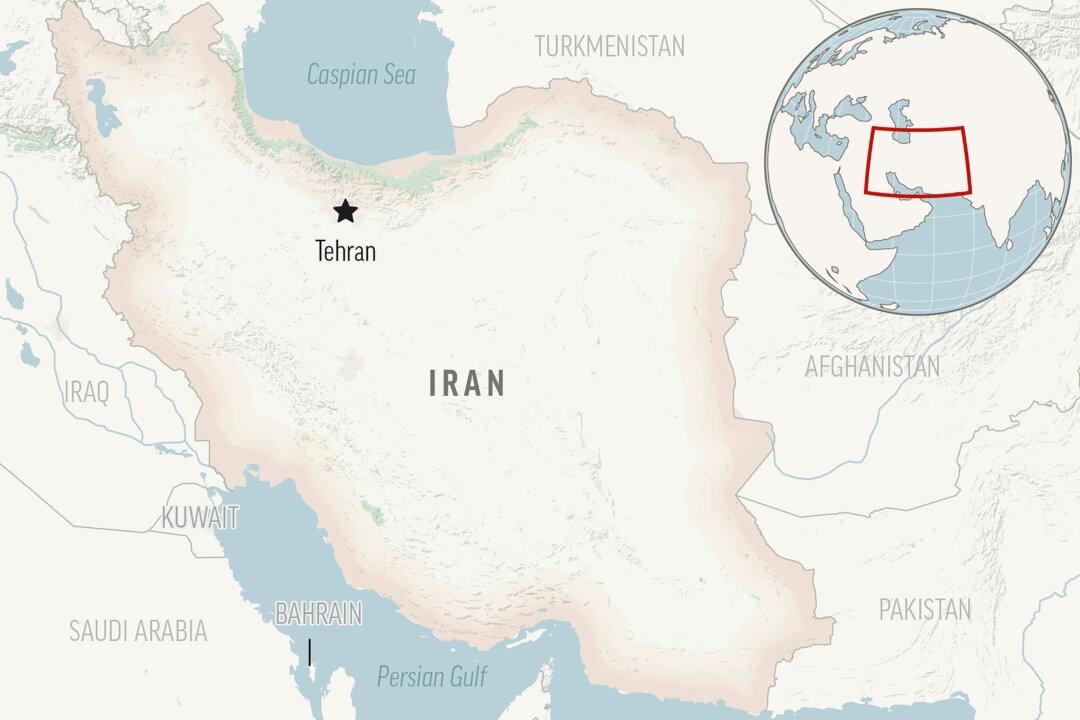DUBAI, United Arab Emirates—Iran on Wednesday announced sanctions targeting more than 30 European individuals and entities, portraying the move as a response to recent European sanctions against officials linked to a crackdown on nationwide protests.
Those targeted with sanctions include Britain’s attorney general and army chief of staff, several European parliamentarians, and European military officials. Also targeted are the French intellectual Bernard-Henri Levy and three senior staffers at the French satirical magazine Charlie Hebdo, which recently published a series of cartoons lampooning Iran’s clerical rulers.





